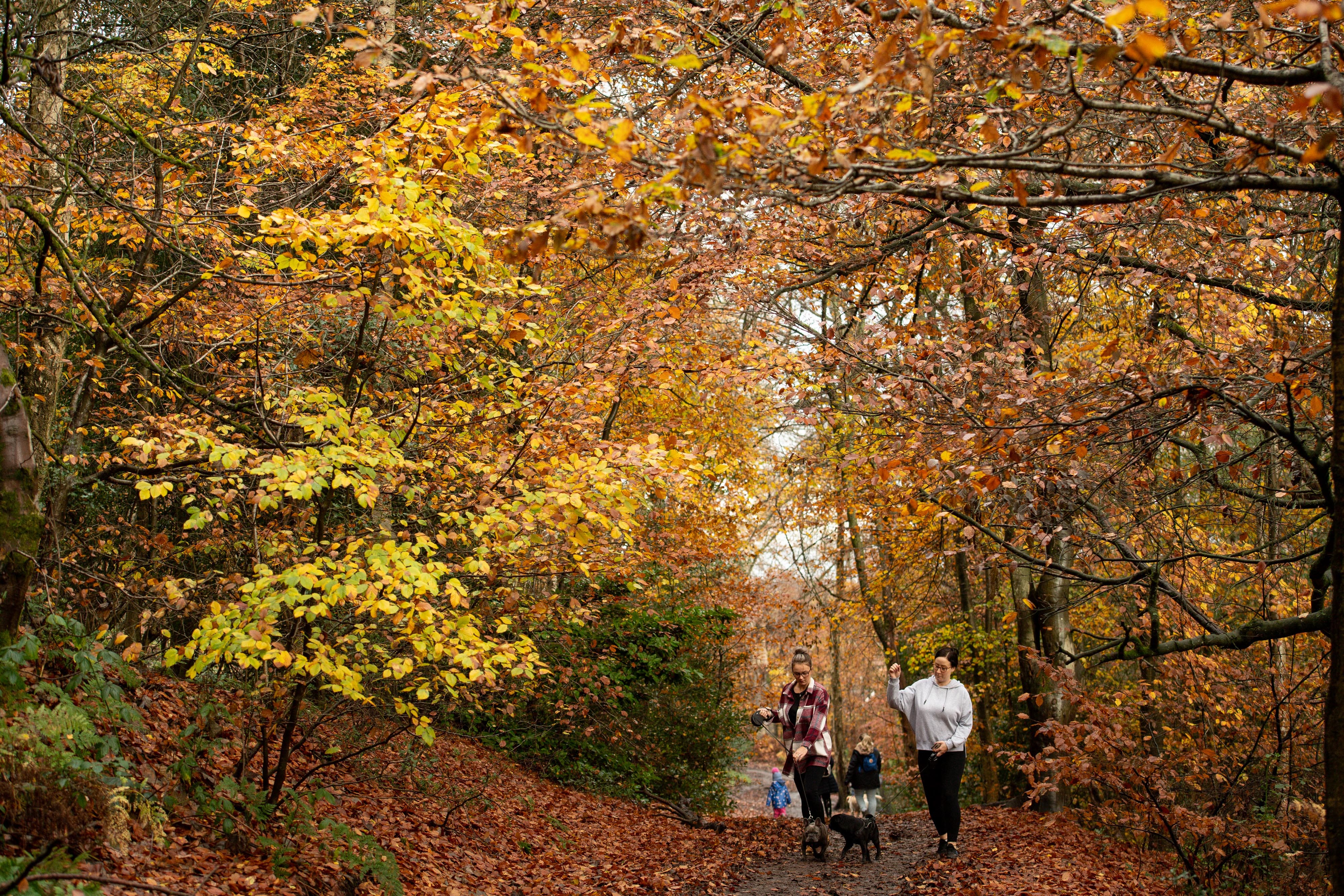Campaigners hail move to ditch 2031 cut-off date for recording historic paths
The Government said it would repeal the deadline when parliamentary time allows.

Your support helps us to tell the story
From reproductive rights to climate change to Big Tech, The Independent is on the ground when the story is developing. Whether it's investigating the financials of Elon Musk's pro-Trump PAC or producing our latest documentary, 'The A Word', which shines a light on the American women fighting for reproductive rights, we know how important it is to parse out the facts from the messaging.
At such a critical moment in US history, we need reporters on the ground. Your donation allows us to keep sending journalists to speak to both sides of the story.
The Independent is trusted by Americans across the entire political spectrum. And unlike many other quality news outlets, we choose not to lock Americans out of our reporting and analysis with paywalls. We believe quality journalism should be available to everyone, paid for by those who can afford it.
Your support makes all the difference.The Government plans to repeal a cut-off date for registering historic paths in a move that walking enthusiasts hailed as a “fantastic step” for people to enjoy nature.
In an announcement timed to mark the traditional Boxing Day ramble, the Environment Department (Defra) said the removal of the deadline for registering thousands of miles of rights of way meant they would no longer be lost to the public.
Some of these paths, well used by walkers, cyclists and equestrians, date back hundreds or even thousands of years, but are not officially recorded or protected.
These well-trodden routes, many of which have been in place for hundreds of years, are a part of our shared heritage
Once recorded as rights of way and added to the definitive map, paths are protected under the law for people to use.
The last government said it would repeal a 2026 deadline for registering more than 40,000 miles of unregistered paths amid what campaigners described as a “race against time” to get them on the official map.
But it later reversed that decision and instead extended the cut-off date to 2031 for recording historic rights of way for people to ensure access along them, a deadline that the new Government has now said it would repeal when parliamentary time allowed.
Defra said local authorities had struggled under the burden of recording historic rights of way before the 2031 cut-off date.
Minister for access Baroness Hayman said: “Our countryside and green spaces are a source of great national pride, but too many people across the country are left without access to the great outdoors.
“These well-trodden routes, many of which have been in place for hundreds of years, are a part of our shared heritage and it is critical that we bring forward these measures to protect their long-term future.”
Not only are these paths an integral part of our shared heritage, but they will also have a critical role to play in the future by helping people live healthier, happier lives
Ross Maloney, chief executive of The Ramblers, said: “The Government’s decision to end the threat to thousands of miles of historic rights of way in England is a fantastic step forward in making sure everyone can enjoy the benefits of walking in nature.
“Not only are these paths an integral part of our shared heritage, but they will also have a critical role to play in the future by helping people live healthier, happier lives.”
But the Country Land and Business Association’s deputy president Gavin Lane described it as a backward step and the “latest attack” on the countryside and farmers.
“Campaigners have had decades to record rights of way, and the decision to scrap the 2031 cut-off date has been made without engaging with those who will be affected, inflicting significant uncertainty on farmers and land managers,” he said.
“The vast majority of landowners are keen to promote responsible access, and work in collaboration with Defra and campaigning groups to ensure people can continue to experience the benefits of the countryside in decades to come.”
Mr Lane added that the countryside already had “an enormous amount of public access”, with 140,000 miles of footpath and 3.5 million acres of public access land in England and Wales alone.